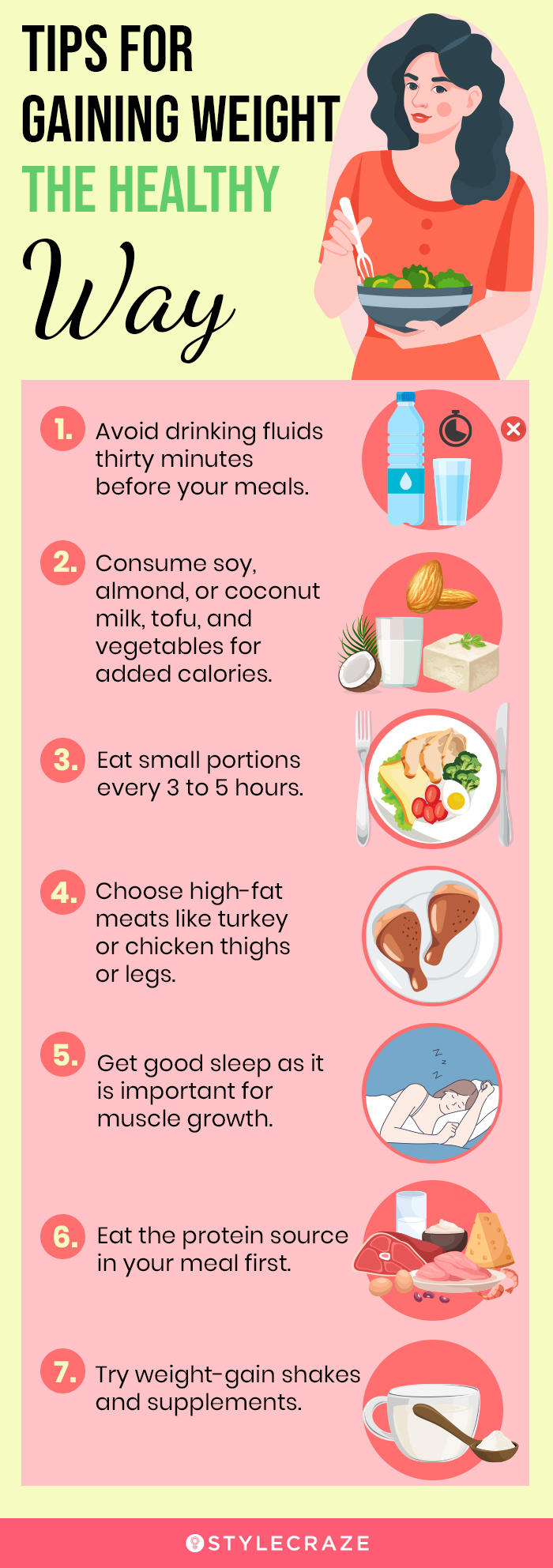Are you a thin girl looking for ways to gain weight in a healthy manner? Look no further, as we have the perfect solution for you! Our product, “Tips for Healthy Weight Gain,” is specifically designed to provide you with effective and safe strategies to help you achieve your weight gain goals. Whether you want to build muscle, increase your appetite, or simply add a few extra pounds, our tips will guide you through the process step by step. With our expert advice, you can be confident in achieving your desired weight gain while maintaining a healthy lifestyle.
Tips for Healthy Weight Gain
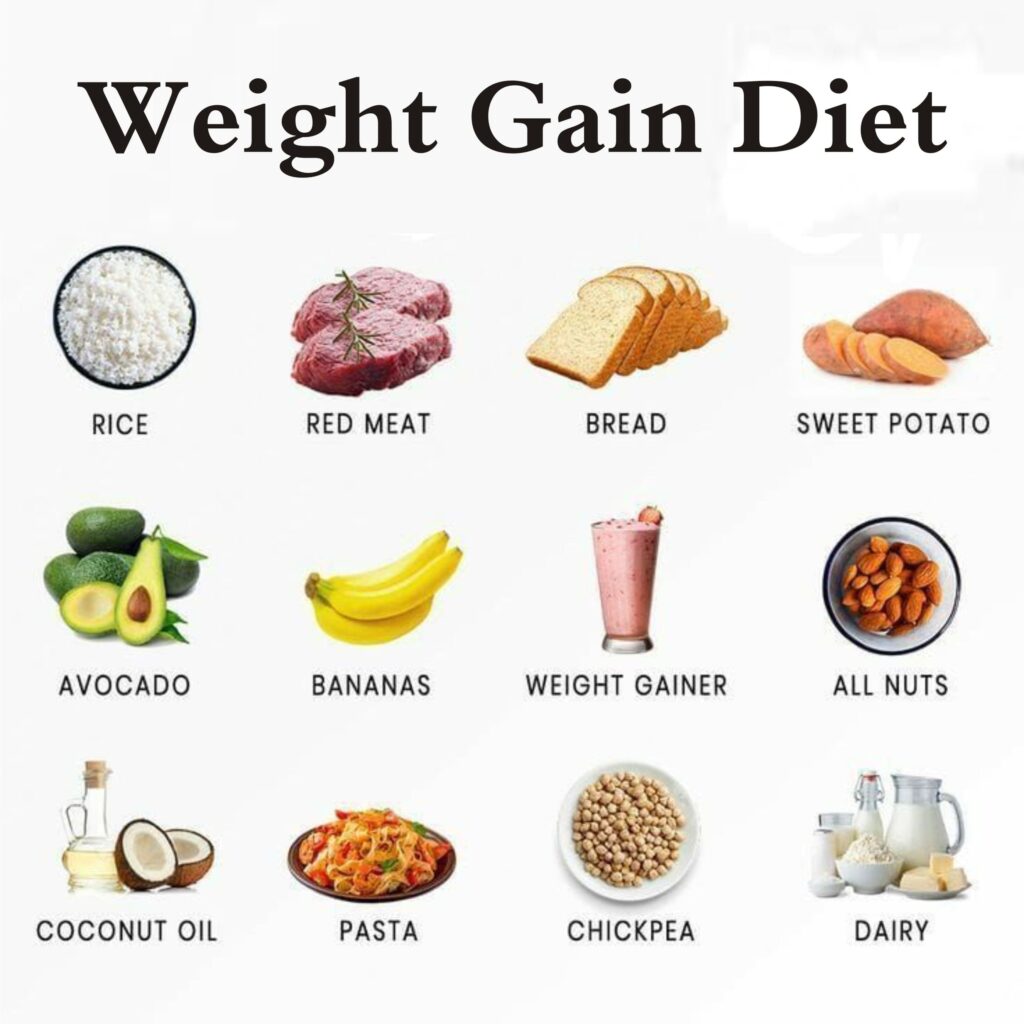
Understanding Healthy Weight Gain
If you are a thin girl looking to gain weight in a healthy way, it’s essential to understand the fundamentals of healthy weight gain. Contrary to popular belief, gaining weight doesn’t mean indulging in unhealthy junk food or simply overeating. It’s important to focus on nourishing your body with the right nutrients and adopting a balanced approach to achieve your weight gain goals.
Consulting with a Healthcare Professional
Before embarking on a weight gain journey, it’s crucial to consult with a healthcare professional, such as a registered dietitian or a doctor. They can help evaluate your current medical condition, assess your nutritional needs, and provide personalized guidance based on your unique circumstances. Consulting with a professional will ensure that you are following a safe and effective plan tailored to your specific requirements.
Creating a Calorie Surplus
One of the key aspects of healthy weight gain is creating a calorie surplus. This means consuming more calories than your body burns on a daily basis. To determine your calorie needs, consider factors such as your age, height, activity level, and goals. You can use online tools or seek guidance from a professional to calculate your daily calorie intake target. However, it’s important to note that the calorie surplus should be gradual and not extreme, as rapid weight gain can lead to health problems.
Choosing Nutrient-Dense Foods
To ensure that your weight gain is healthy and balanced, focus on choosing nutrient-dense foods. These foods are rich in essential vitamins, minerals, and other nutrients that support overall health. Opt for whole grains, fruits, vegetables, lean proteins, and dairy products. These foods provide a wide range of nutrients while keeping your calorie intake in check. Avoid relying solely on processed or high-sugar foods, as they can lead to weight gain without providing the necessary nutrients.
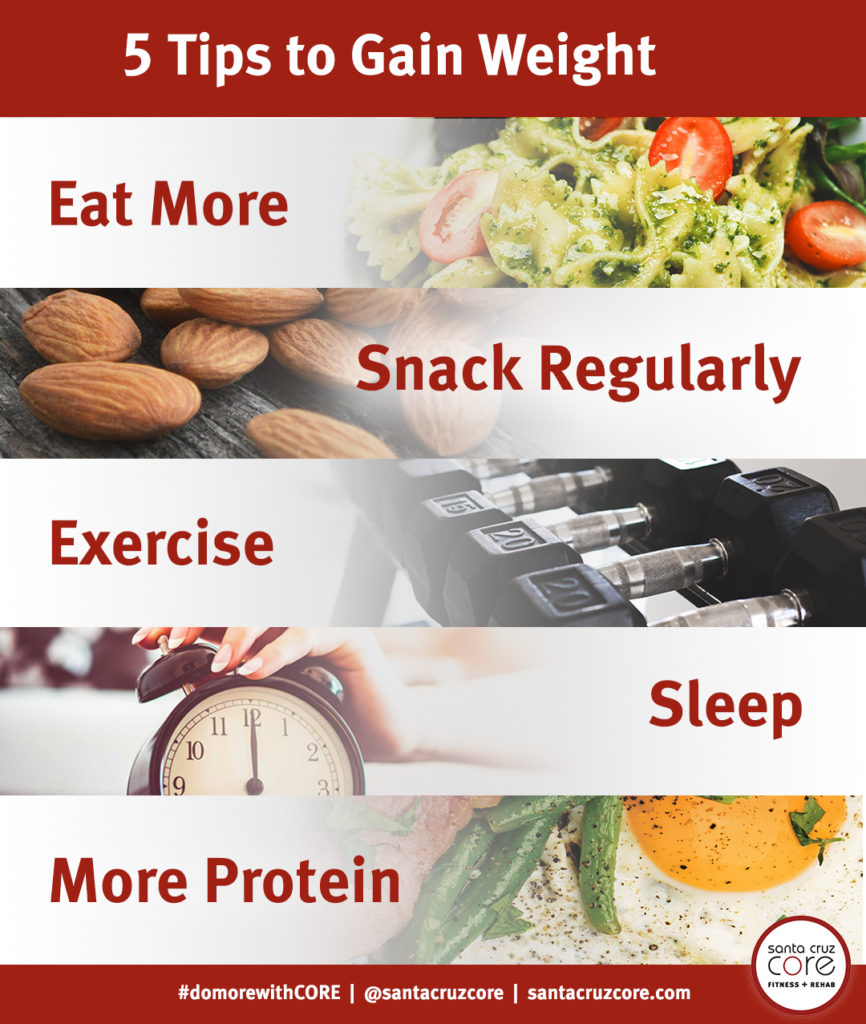
Adding Healthy Proteins to Your Diet
Protein is an essential macronutrient for healthy weight gain. It plays a crucial role in supporting muscle growth and repair. Include protein-rich foods in your diet, such as lean meats, poultry, fish, eggs, dairy products, legumes, and nuts. These foods are not only rich in protein but also provide other essential nutrients. Aim to incorporate protein into each of your meals to ensure you meet your daily requirements.
Incorporating Healthy Fats
While the idea of incorporating fats into your diet may seem counterintuitive, healthy fats are essential for weight gain. They provide a concentrated source of energy and support the absorption of fat-soluble vitamins. Include foods like avocados, nuts, seeds, olive oil, and fatty fish like salmon in your meals. By incorporating healthy fats into your diet, you can increase your calorie intake without relying solely on carbohydrates or protein.
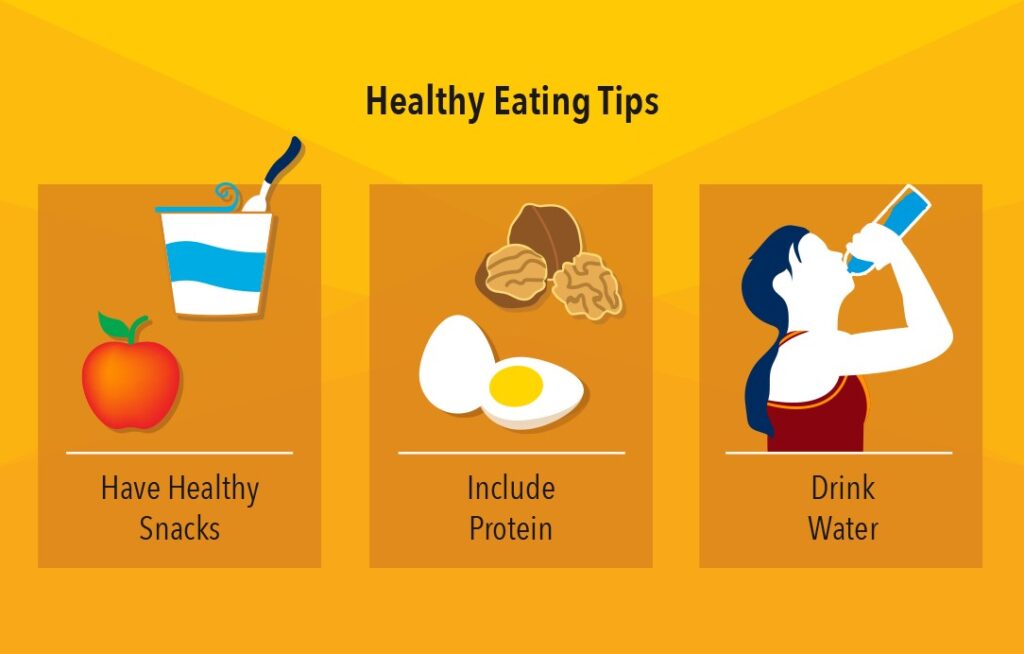
Including Complex Carbohydrates
Carbohydrates are a vital energy source for the body, and including complex carbohydrates in your diet can help with healthy weight gain. Choose whole grains like brown rice, quinoa, oats, and whole wheat bread instead of refined grains. These complex carbohydrates provide long-lasting energy and additional nutrients, such as fiber, which promotes digestive health. Balancing carbohydrates with proteins and fats will help optimize your weight gain journey.
Consuming Regular Meals and Snacks
To support your weight gain goals, it’s important to establish a consistent eating schedule. Ensure that you have regular meals and snacks throughout the day. Skipping meals or waiting too long between meals can lead to a decrease in appetite and hinder weight gain efforts. Aim to have three main meals and two to three snacks in between to provide your body with a steady stream of nutrients and maintain a calorie surplus.
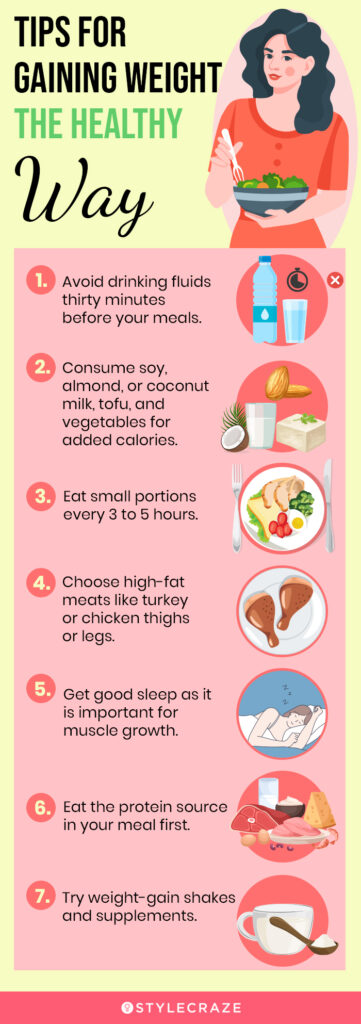
Staying Hydrated
Hydration is often overlooked in weight gain discussions, but it plays a crucial role in overall health and well-being. Drinking enough water is important to support bodily functions and optimize digestion. Make sure to stay hydrated throughout the day, especially when engaging in physical activities or when the weather is hot. Incorporating beverages such as 100% fruit juices, milk, and smoothies can also contribute to your calorie intake.
Implementing Resistance Training
In addition to a well-balanced diet, incorporating resistance training into your routine can help you gain weight in a healthy way. Resistance training, such as weightlifting or bodyweight exercises, helps build muscle mass and increases overall strength. By gaining muscle, you can add healthy weight to your body composition rather than simply accumulating fat. Consult with a fitness professional to develop a safe and effective resistance training plan that suits your fitness level and goals.

Getting Adequate Rest and Sleep
Rest and sleep are often undervalued when it comes to healthy weight gain. Adequate rest allows your body to recover from training sessions, repair tissues, and build muscle. Aim for seven to nine hours of quality sleep each night to support your weight gain journey. If you find it challenging to get enough rest, establish a relaxing bedtime routine and create a sleep-friendly environment in your bedroom.
Remember, healthy weight gain is a gradual process that requires patience and consistency. By understanding the basics, seeking professional guidance, and implementing these tips in your lifestyle, you can embark on a healthy weight gain journey to achieve your desired goals. Keep in mind that everyone’s body is unique, so listen to your body’s signals and make adjustments as necessary.
